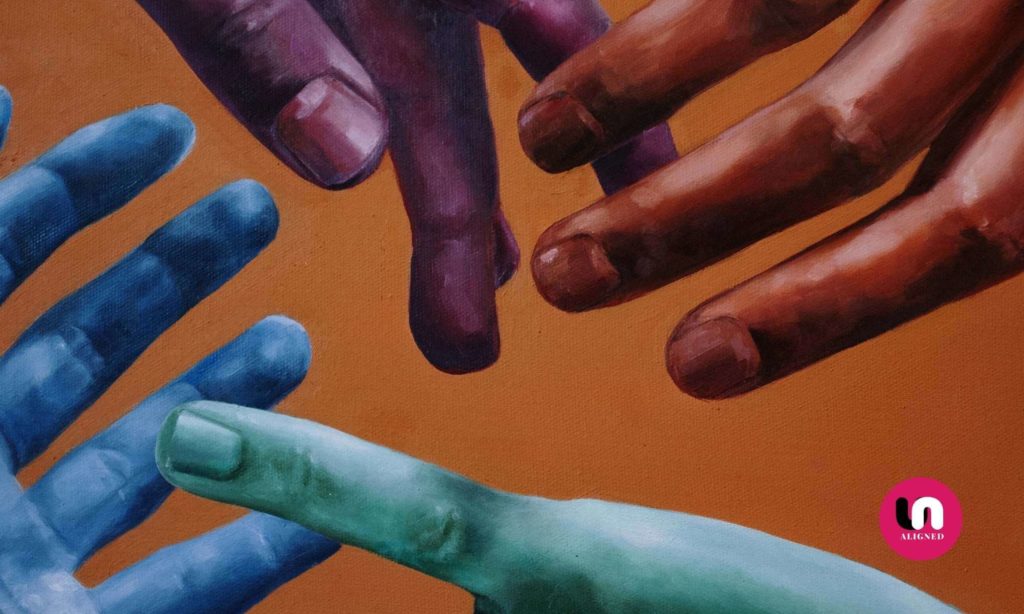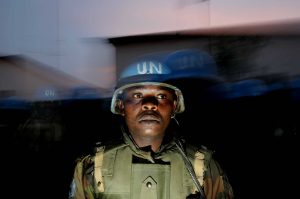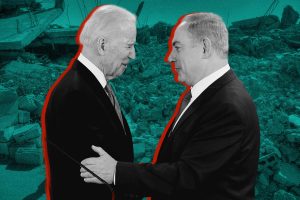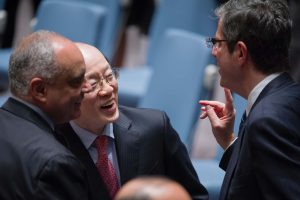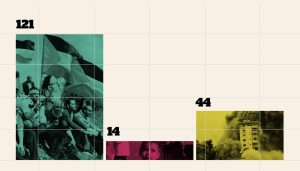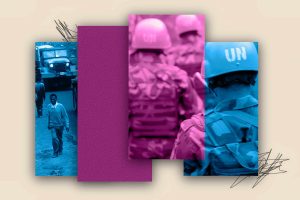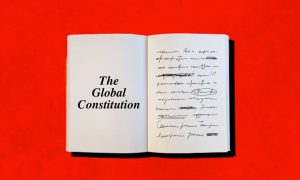Battling for universally affordable and available vaccines
The United Nations Committee on Economic, Social and Cultural Rights released a Statement on May 11 calling for COVID-19 vaccines to be universally affordable and accessible. The five-page document covered all the main issues comprehensively and with refreshing lucidity.
The Statement starts by highlighting the fact that everyone has the right “to enjoy the benefits of scientific progress and its applications” and proceeded to lament “the current unhealthy race among States for COVID-19 vaccines, which has created a sort of temporary monopoly by some developed States of the first vaccines to be produced.” This is underscored by the fact that current production capacity is at its limit in as much as stocks are already sold out through public procurement by such States. This has created an unacceptable situation of “health isolationism”.
The report goes on to confront the property rights regime. Whilst it acknowledges that it is fair that “private business entities or public research institutions that created the vaccines, albeit with huge financial support from public funds, receive reasonable compensation for their investments and research”, it points out that “intellectual property rights are not a human right, but a social product, having a social function”. Countries, therefore, have an obligation “to protect public health” and confront, whenever necessary, greedy attempts to undermine this through protective regimes, such as legal patents.
The Committee emphasises the fact that preventing deaths and bringing the pandemic under control is the number one priority and it calls for urgent international action to address the unequal global distribution, which is responsible for exacerbating the situation. Recommendations also include the sharing of information, technology pools, and “waivers of certain intellectual property provisions or market exclusivities”.
Powerless in the face of violence
Once again, the United Nations was left powerless in the face of a major conflict owing to its defective mechanisms. On May 10, intense fighting erupted between Israel and Gaza that lasted for 11 days. Hamas rockets killed ten Israelis, including two children, while Israel’s bombing campaign killed well over 200 people including scores of children. Many civilian buildings were destroyed, including Gaza’s largest library and the tower block housing the offices of the Al Jazeera and the Associated Press (AP). In the aftermath, the UN Agency for Palestinian Refugees is trying to raise for $38 million for emergency aid in Gaza, but this will hardly begin to tackle the insurmountable problems Gaza is facing.
The UN’s attempts at halting the violence were primarily undermined by the US, Israel’s long-time ally. After the US blocked at least four attempts by the Security Council to issue a press statement condemning the violence, France drafted a resolution calling for an immediate ceasefire, but this too was vetoed by the US claiming that it would undermine its diplomatic efforts. The situation highlights the flawed nature of the UN Security Council, which is at the mercy of the Five Permanent Members and their geopolitical agendas.
Actions are one thing, however, and words, another. Nothing could stop UN Secretary-General Antonio Guterres from stating that he was “dismayed” and “deeply disturbed” by Israel’s actions. Moreover, the UN Human Rights Council also took a more robust approach to the Israeli attacks on the besieged enclave, home to two million people. Michelle Bachelet, the UN Rights Chief, launched an inquiry into the bombing of Gaza, stating that the strikes by the Israeli military could constitute “war crimes” if proven to be disproportionate. Still, the UN should be in a position to focus on prevention rather than cure.
Betrayed by its own members
The latest UN financial Report by the Secretary-General released on May 11, 2021 paints a bleak picture of an organisation struggling to meet its commitments owing largely to Member States failing to honour their financial obligations vis-à-vis their agreed yearly contributions. So far, this year only 50 Member States paid their contributions in full, namely: Armenia, Austria, Azerbaijan, Bahrain, Barbados, Belgium, Bhutan, Botswana, Bulgaria, Canada, China, Cyprus, Czechia, Denmark, Estonia, Finland, France, Georgia, Germany, Hungary, Iceland, India, Ireland, Japan, Kazakhstan, Latvia, Liechtenstein, Lithuania, Luxembourg, Malaysia, Malta, Monaco, Netherlands, New Zealand, Nicaragua, Niger, Norway, Poland, Portugal, Qatar, Republic of Korea, Republic of Moldova, Romania, Samoa, Singapore, Slovakia, Spain, Sweden, Switzerland and Thailand.
Only China and France, from the permanent members of the Security Council, are in the list. The US is notoriously lax when it comes to paying its dues and owes the UN vast sums of money.
The deficit and uncertainty have forced cutbacks and they hamper the smooth running of the UN and its operations. This regularly forces the organisation to rob Peter to pay Paul. In this scenario, Peter is often UN peacekeeping missions. Indeed, the UN could no doubt tighten its spending even further if it spent its money more wisely (refer to my book: Unravelling the United Nations for more details on this), nevertheless, the issue here is not value for money, but having the money in the first place.
The fact that the UN is not in a position to enforce the payments is, of course, a big part of the problem. If a person stopped paying for their gym membership, they would expect to be barred from it fairly promptly. The UN, however, appears to have less leverage on its members than a simple gym and sadly its members are aware of this and often take full advantage of its weakness. This can only spell serious problems for the UN in the long run. In the words of António Guterres:
“The trend of collectively paying less in each year than the regular budget assessments must be urgently reversed to avert a crisis in budget implementation and mandate delivery.”



